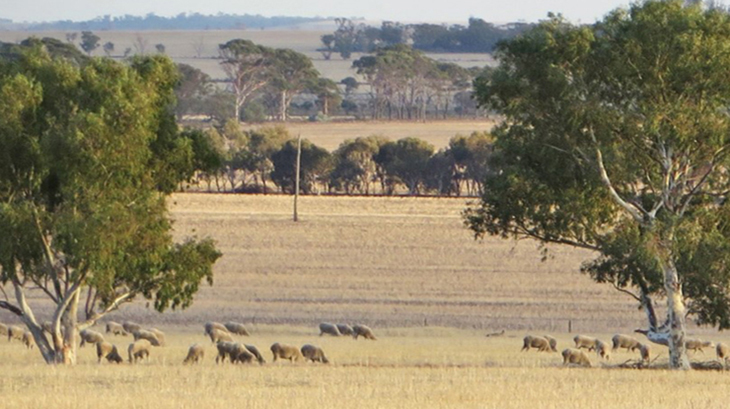Sheep Sustainability Framework releases 2025 Annual Report: Progress, Challenges and Evolution
November 26 2025

For media enquiries contact:
Jack Johnston, MLA Corporate Affairs and Media Manager, p: 0407 282 971, e: media@mla.com.au